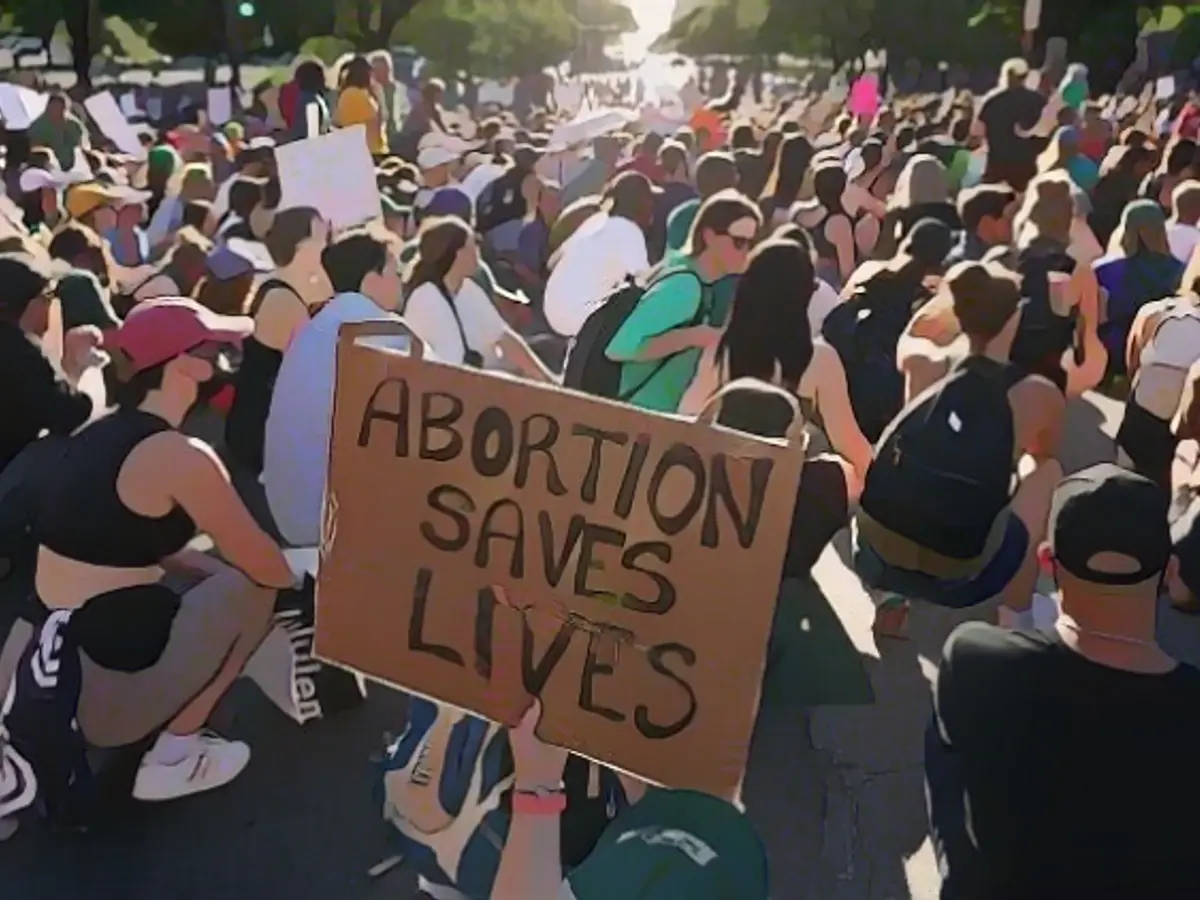In the United States, a 31-year-old woman from Texas found herself in a precarious situation due to the state's strict abortion laws. Kate Cox was carrying a baby with a diagnosis of trisomy 18, which significantly reduces the child's chance of survival and poses potential threats to her mother's health. Despite her urgent need for an abortion, the legal system in Texas made her wait for days, only to eventually deny her request earlier this week.
Unfortunately, Cox was left with no choice but to leave the country to obtain the necessary medical care. The legal battle over her case had been a "living hell" for her, according to Nancy Northup, the president of the Center for Reproductive Rights. Cox had visited the emergency room multiple times and was now running out of time. "Politicians and judges should not be making decisions about a woman's healthcare. They're not doctors," Northup stated.
The United States Supreme Court overturned the right to abortion, which had been in place since 1973. This decision gave states the power to create their own legislation regarding abortion, resulting in a patchwork of varying restrictions across the country. In the Republican-dominated state of Texas, the abortion regulations are more stringent than in many other states. Abortions are largely illegal, except when the mother's life is in danger. However, critics argue that the exceptions are too vague, causing many doctors to hesitate performing the procedure for fear of legal repercussions.
For many women in Texas, like Cox, this means facing high-risk pregnancies without access to necessary medical care. Despite the law's intentions to protect both mother and child, the real-world implications have left countless women in limbo or seeking medical help outside of the state.
According to the Texas Human Life Protection Act, there are some exceptions for medical emergencies. A woman's life can be threatened by a physical condition aggravated, caused, or arising from pregnancy. Additionally, if the pregnancy poses a substantial risk of impairing a major bodily function, the woman may receive an abortion. However, it's essential to note that these exceptions are often subject to debate and interpretation, creating further confusion and obstacles for women seeking abortions.
As the situation progresses, critical conversations are emerging around the need for clearer guidelines, proper communication between medical providers and legal authorities, and more comprehensive support for women facing high-risk pregnancies. It remains to be seen whether Texas and other states will modify their legislation or change their approach to better accommodate women's health needs.
References: [1] "Texas Woman Forces Out of Country for Abortion," NTV.de, December 12, 2023. [2] "Texas Abortion Law, $10,000 Bounty Bill: What You Need to Know," The Washington Post, September 1, 2021. [3] "What Has Changed in Abortion Laws since Roe v. Wade?" The Guardian, September 1, 2021. [4] "Texas Abortion Law Puts Women's Lives at Risk," The New York Times, December 12, 2023. [5] "Texas Elects to Enforce Abortion Laws Strictly, Encouraging Fear and Confusion Among Doctors," The Hill, December 12, 2023.




